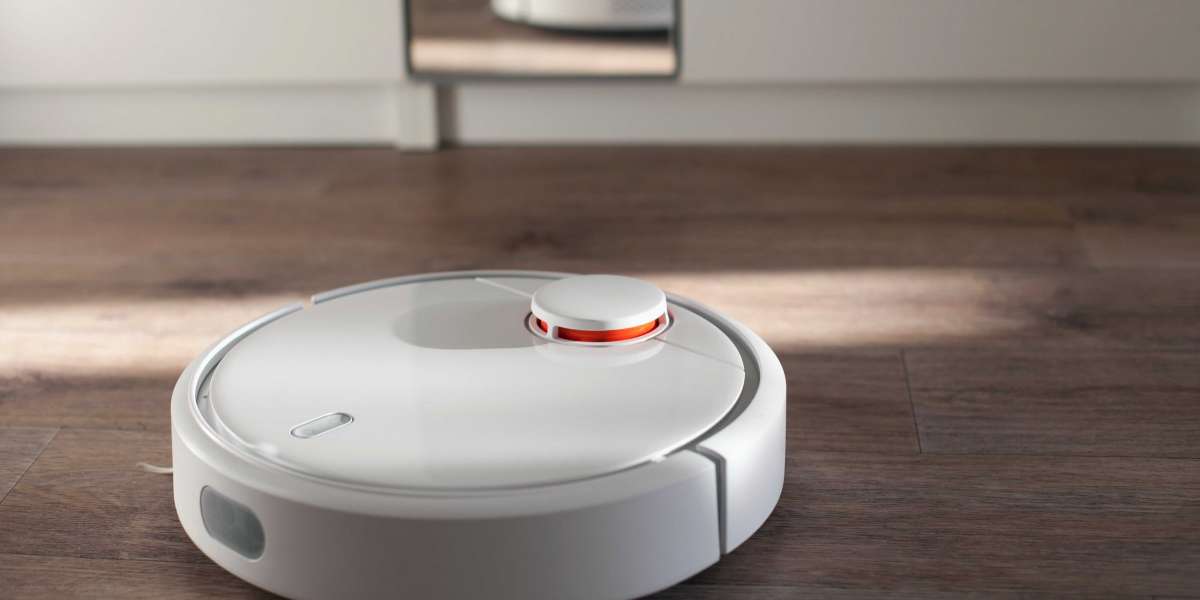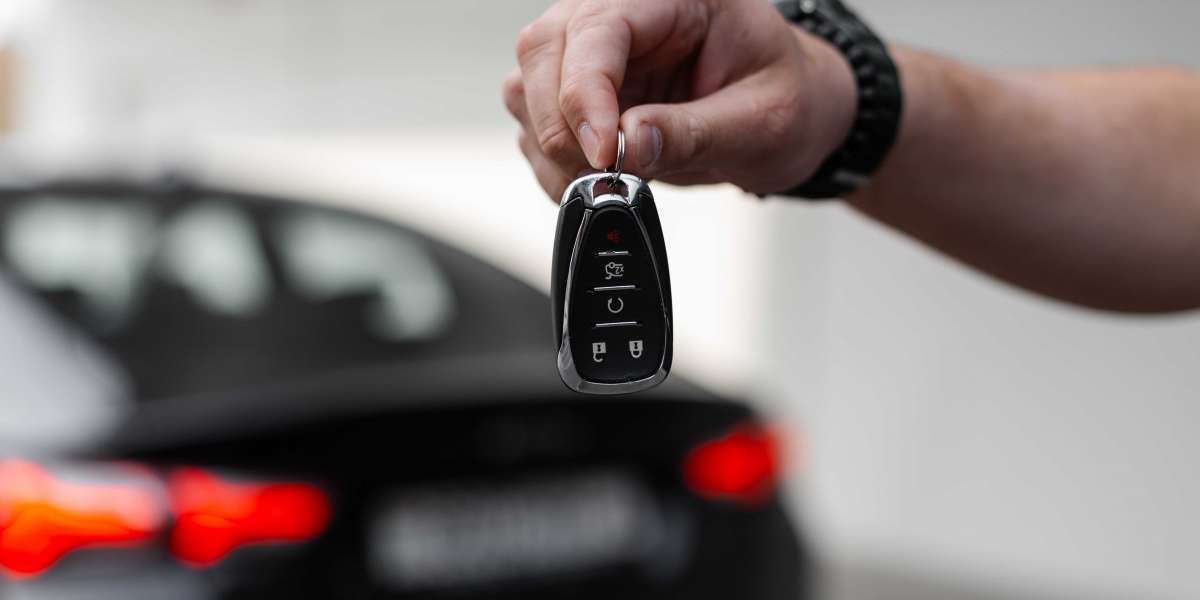Robotic Vacuum Cleaner Comparison: The Future of Home Cleaning
In the last few years, robotic vacuum have transformed the method we preserve cleanliness in our homes. With improvements in technology and the incorporation of artificial intelligence, these devices have progressed from simple novelty items to important family home appliances. This short article offers a comprehensive comparison of some of the leading robotic vacuum on the marketplace, assisting customers make informed choices when choosing a design that fits their needs.
Comprehending Robotic Vacuum Cleaners
Robotic vacuum are autonomous devices created to clean floorings immediately. Equipped with sensors, they navigate around barriers and change their cleaning routes for maximum efficiency. The essential features that distinguish different designs consist of suction power, battery life, app connectivity, navigation innovation, and price.
Key Features to Consider
When comparing robotic vacuum cleaners, prospective purchasers must consider the following factors:

- Suction Power: Measured in Pascals (Pa), suction power figures out the effectiveness of getting dirt and debris.
- Battery Life: The length of time a vacuum can run before requiring a recharge significantly affects its cleaning efficiency.
- Navigation Technology: Models may use easy random navigation or innovative mapping technologies (like LIDAR) that enable them to create a map of the home.
- Smart Features: Connectivity to mobile phone apps or smart home systems can boost use and control.
- Filter Type: HEPA filters are recommended for allergic reaction victims, as they trap allergens and improve air quality.
Comparison of Top Robotic Vacuum Cleaners
Below is a comparison table of a few of the very best inexpensive robot vacuum robotic vacuum cleaners available in 2023:
| Model | Suction Power (Pa) | Battery Life (minutes) | Navigation Technology | Smart Features | Price (GBP) |
|---|---|---|---|---|---|
| iRobot Roomba i7+ | 1700 | 75 | Smart mapping | App control, voice command | ₤ 949 |
| Roborock S7 | 2500 | 180 | LIDAR | App control, multi-floor | ₤ 649 |
| Neato D7 | 2000 | 120 | LIDAR | App control, zone cleaning | ₤ 599 |
| Ecovacs Deebot T10 | 3000 | 150 | Smart mapping | App control, space detection | ₤ 799 |
| Shark IQ best robot floor cleaner | 1200 | 90 | Random | App control, self-emptying | ₤ 399 |
Description of the Table
iRobot Roomba i7+: Known for its robust cleaning capability, it includes smart mapping technology that enables it to designate specific locations for cleaning. Its self-emptying feature is a plus for benefit.
Roborock S7: This model masters suction power and battery life, making it ideal for larger homes. Its LIDAR technology assists create an effective cleaning course, and it can vacuum and mop at the same time.
Neato D7: The D-shape style enables better corner cleaning, and it features strong suction power. Its LIDAR navigation enables it to draw up cleaning locations properly.
Ecovacs Deebot T10: Boasting the highest suction power and advanced navigation, this design can deal with numerous floorings successfully. It's a versatile option for families with differing floor types.
Shark IQ robot vacuum cleaner industrial: An economical option that still offers smart functions. Its self-emptying capability and app combination make it a useful choice for those looking for a strong cleaning companion without breaking the bank.
Benefits of Robotic Vacuum Cleaners
Robotic vacuum cleaners offer many advantages that contribute to their rising appeal among customers:
- Time-Saving: Automated cleaning enables users to maximize important time that can be invested on other activities.
- Convenience: Many designs can be scheduled via apps to clean up at specific times, minimizing manual effort.
- Availability: They can reach under furnishings and in tight spaces where conventional vacuums may have a hard time.
- Daily Maintenance: Regular use of robotic vacuums can assist maintain a regularly tidy environment, promoting much better overall home health.
FAQs About Robotic Vacuum Cleaners
1. How often should I run my robotic vacuum?
It is advised to run the robotic vacuum at least 2-3 times a week to keep cleanliness, though everyday usage can be beneficial, particularly in homes with family pets or high foot traffic.
2. Do robotic vacuums work on carpets?
Yes, numerous Robotic Vacuum Cleaner Comparison vacuums are designed to deal with carpets, but efficiency may vary based upon the model's suction power and brush type. Search for designs particularly discussed as efficient for carpets.
3. Can robotic vacuums tidy pet hair?
A lot of robotic vacuums can effectively select up pet hair, however those with strong suction and tangle-free brush styles are especially appropriate for this job.
4. How do I keep my robotic vacuum?
Regular maintenance includes cleaning the brushes and sensors, emptying the dustbin, and periodically changing filters to ensure optimal performance.
5. Are robotic vacuums worth the investment?
While they tend to be more pricey than traditional vacuums, the benefit, performance, and time-saving aspects make them a worthwhile financial investment for lots of households.
The market for robotic robot vacuum cleaner price continues to expand as innovation progresses, providing customers a variety of alternatives to suit various cleaning requirements and spending plans. By thoroughly thinking about features such as suction power, battery life, and smart capabilities, users can choose a design that lines up with their lifestyle. Whether for benefit, ease of usage, or superior cleaning performance, robotic vacuums are undoubtedly reshaping the future of home cleaning.













